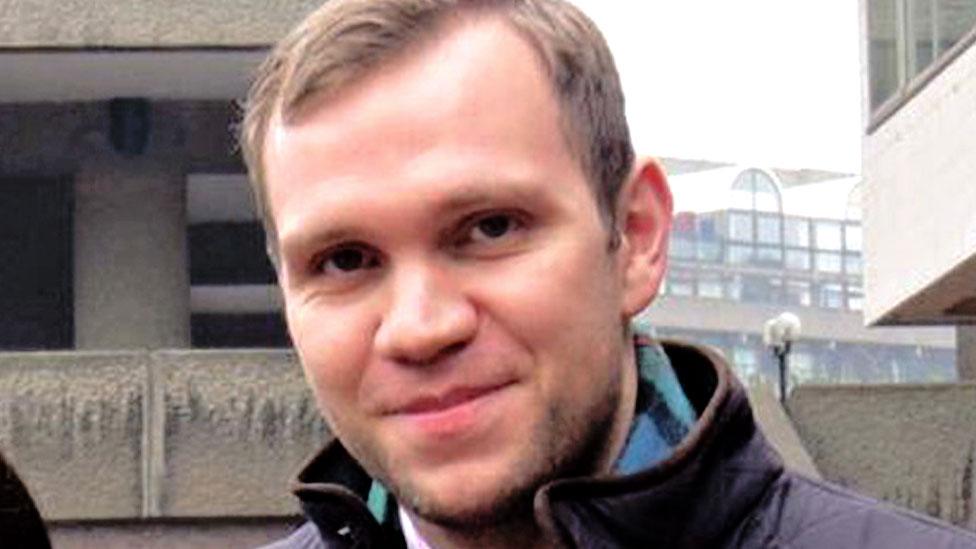Matthew Hedges: Foreign Office apology to UAE torture academic
- Published
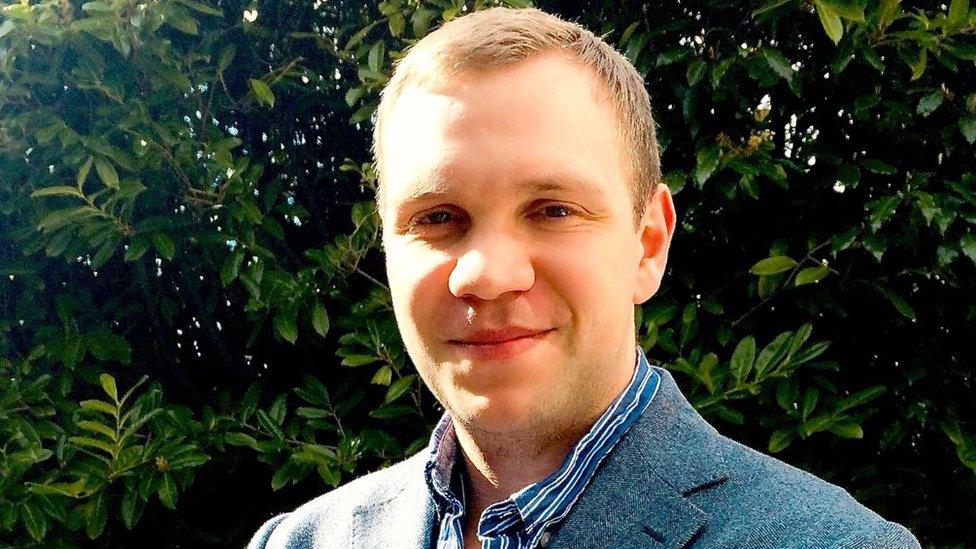
Matthew Hedges described the apology as a "watershed moment" for all British nationals
The Foreign Office has apologised to a British academic who was accused of spying and tortured in the United Arab Emirates (UAE).
Matthew Hedges repeatedly denied the accusation and said he was carrying out research for his Durham University PhD.
The Foreign Office (FCDO) said it recognised that he and his family's experience was "a distressing one".
Dr Hedges, from Exeter, said he was "delighted" to receive an apology, which he called a "watershed moment".
He had previously complained to the Parliamentary Ombudsman, which later launched an investigation into how the FCDO handled his case.
It ruled that the FCDO failed to protect the academic and said the department should pay him £1,500 compensation.
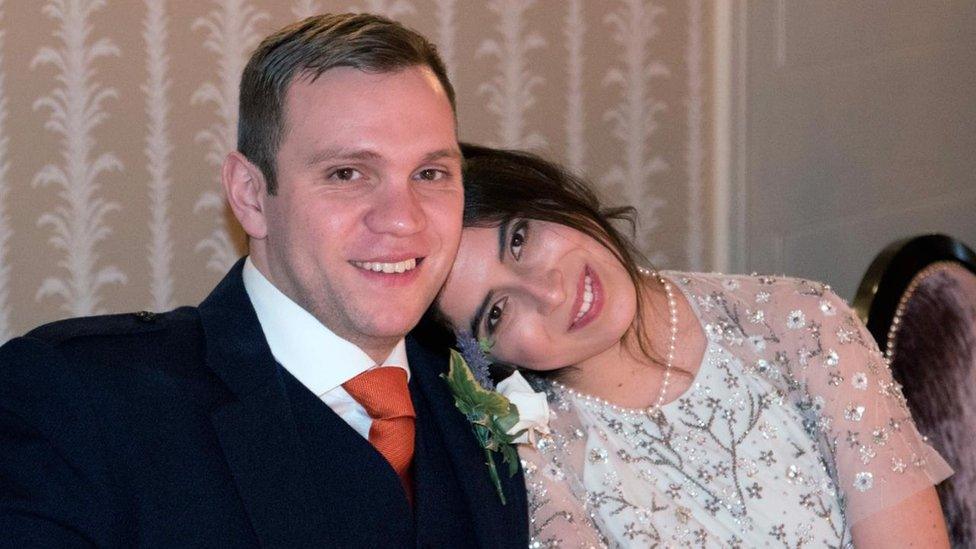
Matthew Hedges' wife Daniela Tejada campaigned to have him freed
Dr Hedges was in Abu Dhabi in 2018 when he was accused of working for MI6 and "spying for or on behalf of" the UK government.
The UAE authorities said material found on his laptop proved he was a spy.
He was sentenced to life imprisonment but was pardoned by the nation's president days later.
Dr Hedges said he was kept in handcuffs and in solitary confinement, questioned for hours and fed a cocktail of drugs.
He said his ordeal had left him with post traumatic stress disorder and insomnia.
Torture cases review
On Monday, the FCDO said it recognised that Mr Hedges and his family's experience was "distressing" and it had a "profound impact."
"We have accepted the ombudsman's finding for Mr Hedges, apologised and will pay the suggested compensation," it added in a statement.
A review into internal guidance on torture and mistreatment cases has now begun, as well as training for consular staff.
Officials will also review how the FCDO supports British nationals who are arrested or in prison abroad.
The statement added: "We always aim to act in the best interest of the individual and acting without their consent in raising concerns about torture and mistreatment creates unacceptable risks."
Allow X content?
This article contains content provided by X. We ask for your permission before anything is loaded, as they may be using cookies and other technologies. You may want to read X’s cookie policy, external and privacy policy, external before accepting. To view this content choose ‘accept and continue’.
Dr Hedges, who released a statement on social media, welcomed the apology and said it had been "a battle to reach this stage".
"The FCDO's acknowledgement of the torture and injustice I suffered at the hands of the UAE is a watershed moment, not just for me and my family, but for all British nationals," he said.
"There is now no doubt that the FCDO failed in their obligations towards one of their citizens and I truly hope that the hundreds of other British nationals who are currently detained and suffering torture will benefit from the FCDO's promise of reviewing their clearly outdated and insufficient policies.
"The apology unfortunately does not change the fact that I still have a criminal record for espionage on behalf of the British Government."
He said it was "baffling" that the UK continue to work alongside the UAE "knowing how callous they are with British lives".
"The FCDO should do more to push the UAE to clear my name given that they have this close relationship," he added.
"I will continue to fight for those who are not lucky enough to have been freed or who have ridiculous false charges made against them, and today I revel in the fact that the FCDO have agreed they must do more to protect and help British citizens."
In a statement a UAE government spokesman said: "Matthew Hedges was convicted of espionage in 2018 following a fair and transparent trial at which he admitted the charges against him.
"Mr Hedges received proper care and treatment. He had bedding, reading material, a television, access to family, consular officials and lawyers, and extensive medical care - including for a pre-existing mental health condition.
"He was never subjected to, or threatened with, either torture or cruel, inhuman, or degrading treatment of any sort. The UAE has evidence to support this."

This story was amended on 6 September to include the quote from the UAE government
- Published3 August 2023
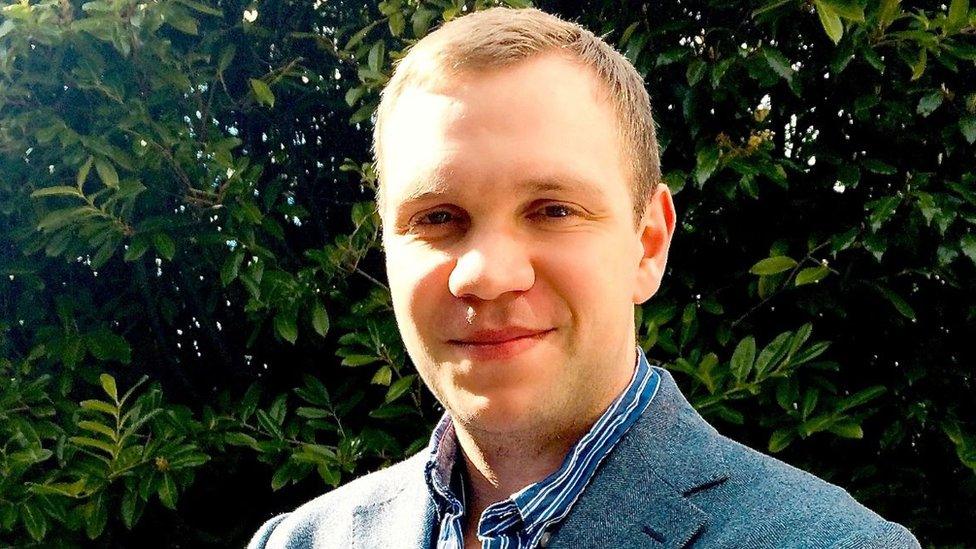
- Published5 May 2021
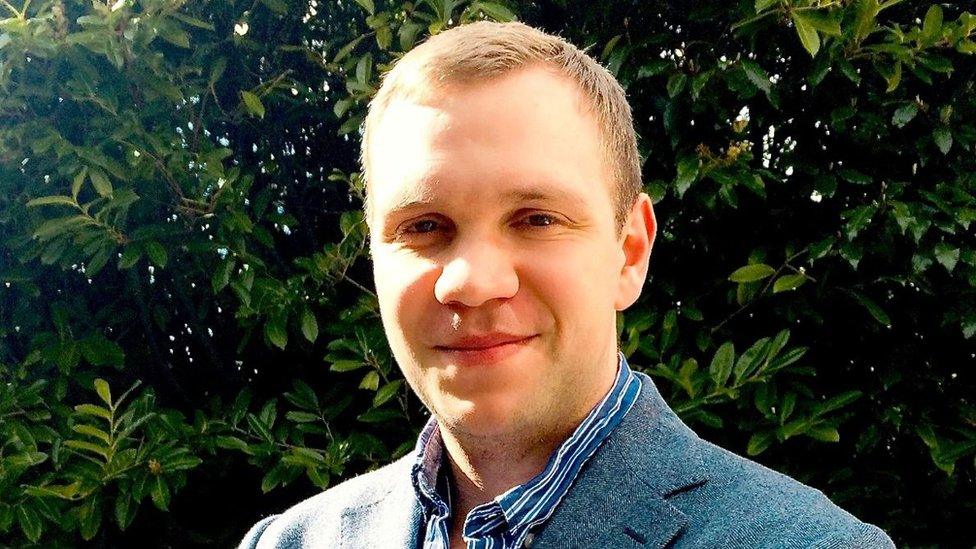
- Published18 December 2018
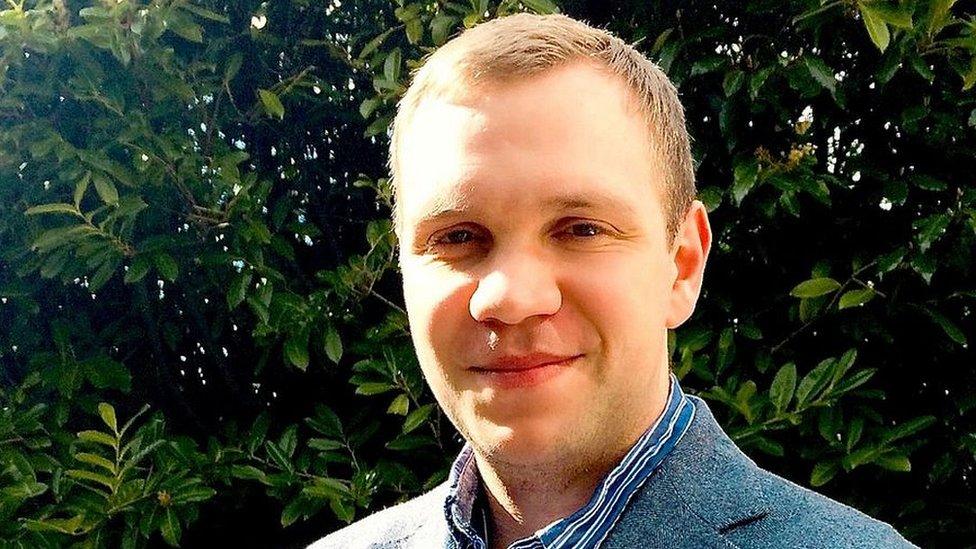
- Published18 December 2018
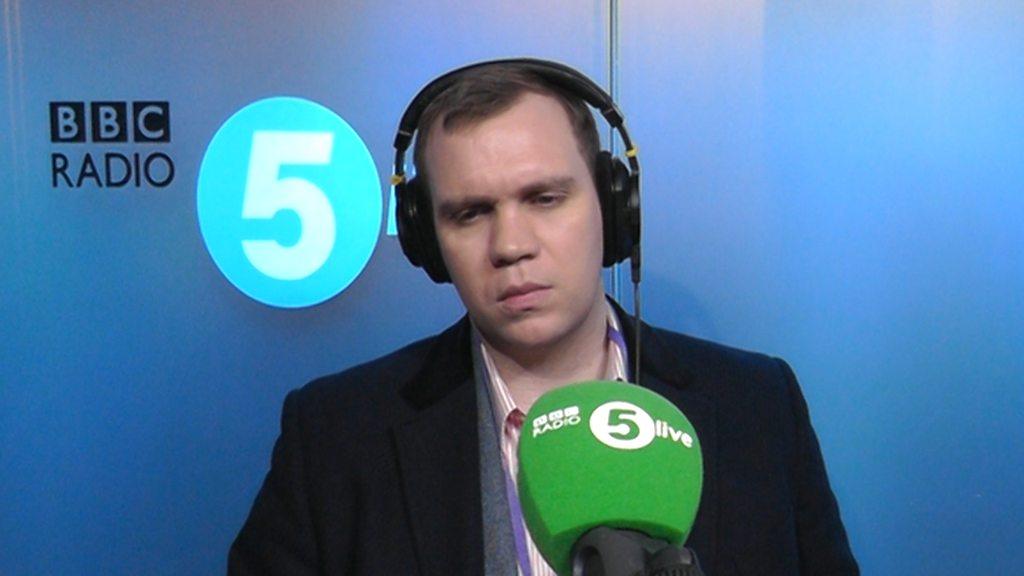
- Published5 December 2018
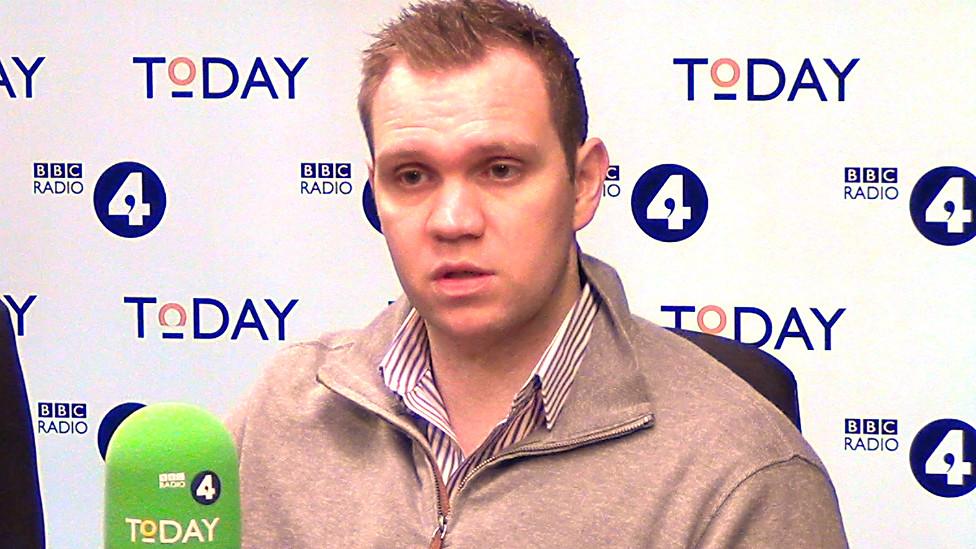
- Published27 November 2018
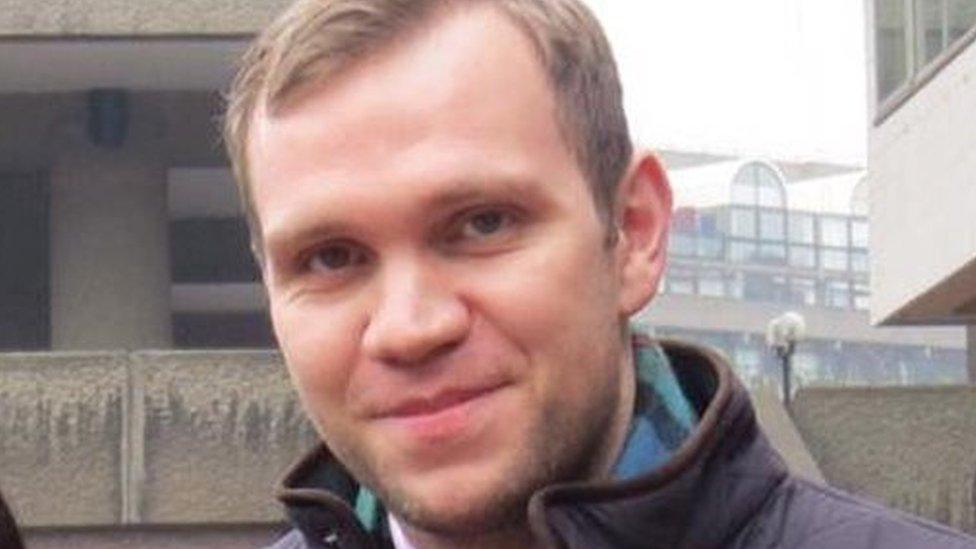
- Published21 November 2018
